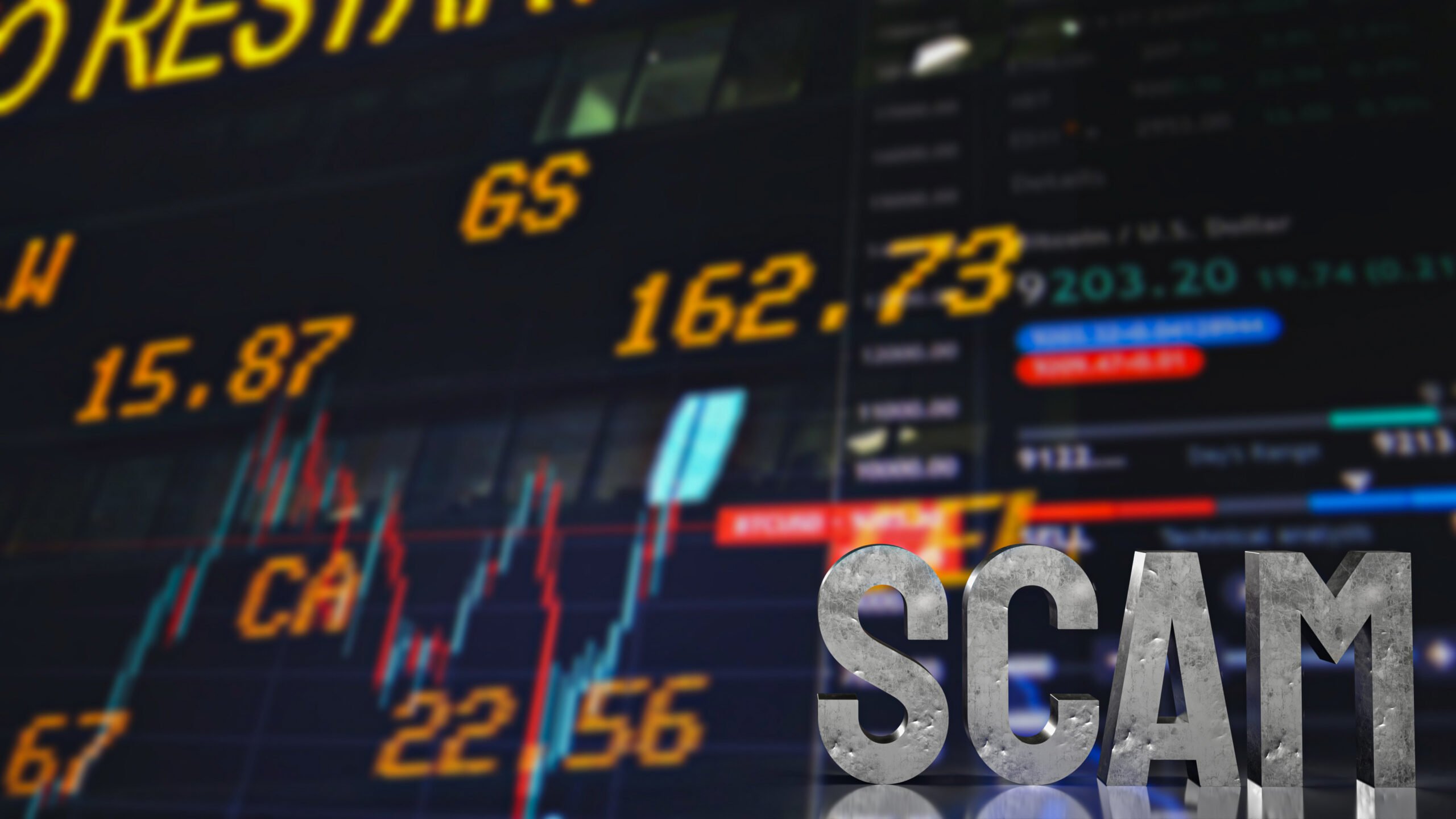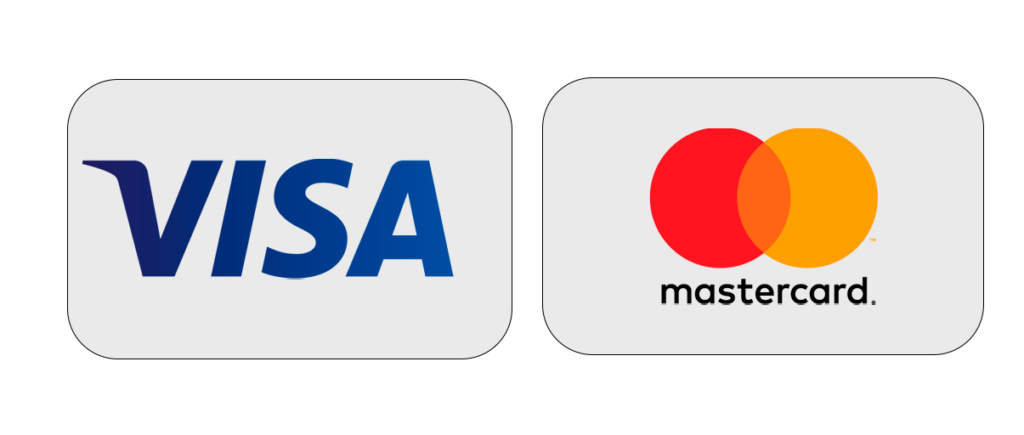
Even if this is a popular question about today’s prop firms, you must first comprehend its underlying motivation. Back in 2008, the big banks and institutional prop trading businesses were held responsible for the Global Financial Crisis. As you may be aware, a number of very dubious trades executed at the time by prop firms caused the entire financial market to collapse, resulting in the loss of billions of dollars and even some lives. The Volcker Rule was put in place to stop history from repeating itself, making it very impossible for banks and other financial institutions to operate prop businesses like they used to.
Because of this, the majority of those companies discontinued all prop trading. While these laws applied to banks, not all independent prop companies in operation today are covered by the Volcker rule. Prop businesses nowadays are utterly unregulated and far apart from the banking industry. As a result, these internet prop companies are entirely legitimate and not a fraud. Prop trading firm scams do exist in the sector, though, and they attempt to exploit the current market because there isn’t much oversight by authorities.
Prop trading firms scams vs Safe Prop firms
I strongly advise traders to adopt this method because doing so helps mitigate risk with respect to each of the firms in the industry. By doing this, traders can avoid having everything in a business that fails and leaves you with nothing. Despite the fact that there are no certainties in trading, the following methods can significantly reduce risk:
- Join at least two firms and receive funded accounts to trade with.
- Use the profit from each profitable month to compound your main account or to buy other prop firm assessments. Don’t keep it in your prop accounts.
- Utilize tools like MT4 Copier to learn how to use software that allows you to automatically duplicate all of your trades across your accounts.
- Complete one challenge, get funded, and go on to the next one. Or go straight for OFP; it doesn’t require any challenges and is the best in the business.
How to spot Proprietary trading firm scams
At the end of the day, no one wants to get scammed, and that is always a real possibility when money is involved. Although it can be simple to trust the most well-known prop firms around and assume that they are legitimate, it is always good to verify it. There have been reports of novice traders who began a prop firm challenge as part of the verification procedure but wound up suffering substantial losses in their demo account thanks to slippage, freezes and many other “induced problems” by these firms. Avoid Proprietary trading firm scams by keeping an eye out for these clues:
- A meager number of reviews on reputable websites like Trustpilot.
- Website that lacks professionalism, provides a poor user experience, and has spelling errors.
- It sounds like a get-rich quick program with lots of rules to fail traders.
- Not having a YouTube channel or Instagram account, for example.
- On the internet, there isn’t much information on the company.
- Very little or no client service





 CLAIM BEST 80% ACCOUNT MODEL: NO CHALLENGE, JUST INSTANT FUNDING
CLAIM BEST 80% ACCOUNT MODEL: NO CHALLENGE, JUST INSTANT FUNDING